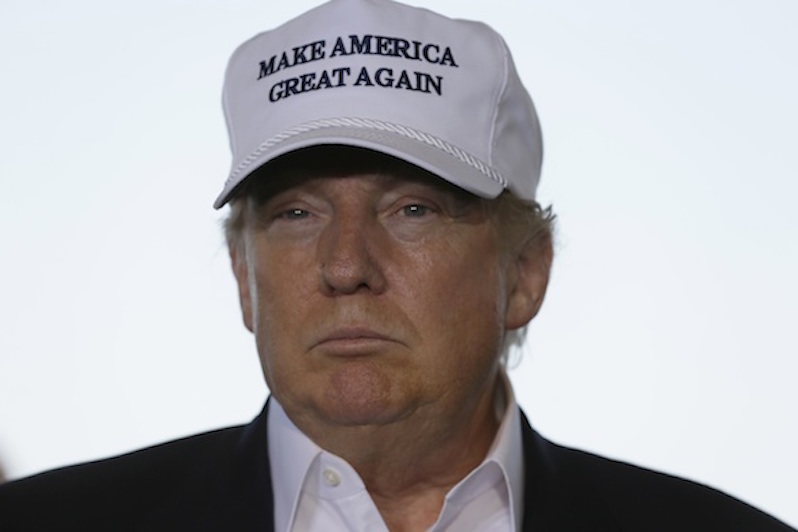Why Donald Trump Can Lie and No One Seems to Care
The GOP presidential candidate gets away with outrageous, contradictory statements because the mainstream media and the public let him. Republican presidential hopeful Donald Trump. (LM Otero / AP)
1
2
Republican presidential hopeful Donald Trump. (LM Otero / AP)
1
2

Republican presidential hopeful Donald Trump. (LM Otero / AP)
Independent journalism is under threat and overshadowed by heavily funded mainstream media.
You can help level the playing field. Become a member.
Your tax-deductible contribution keeps us digging beneath the headlines to give you thought-provoking, investigative reporting and analysis that unearths what's really happening- without compromise.
Give today to support our courageous, independent journalists.






You need to be a supporter to comment.
There are currently no responses to this article.
Be the first to respond.